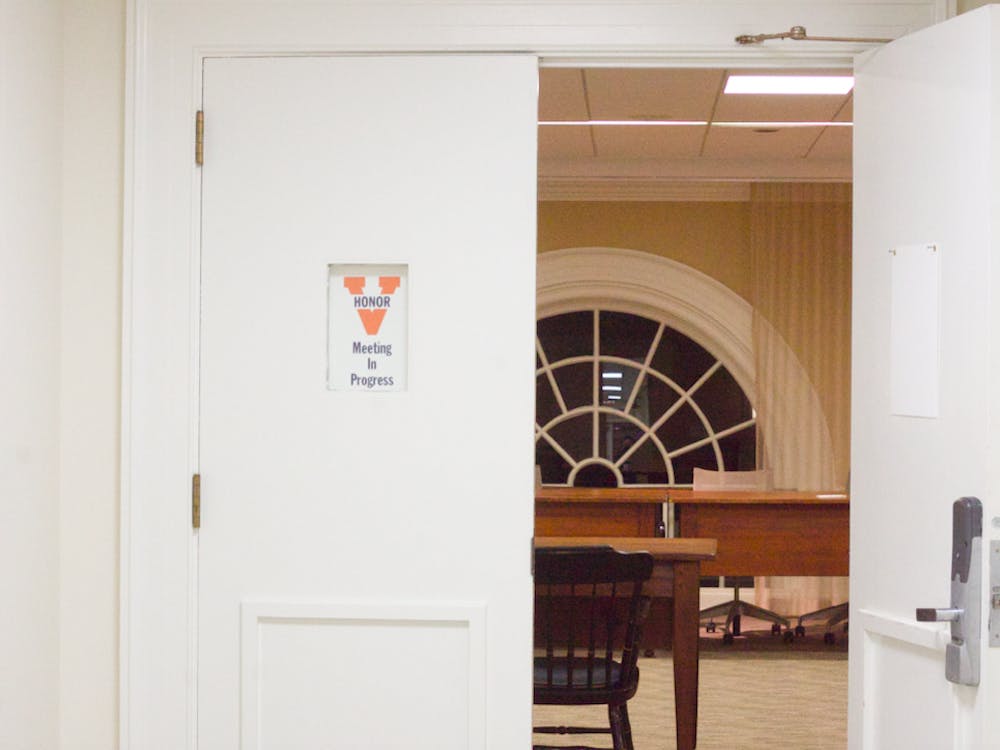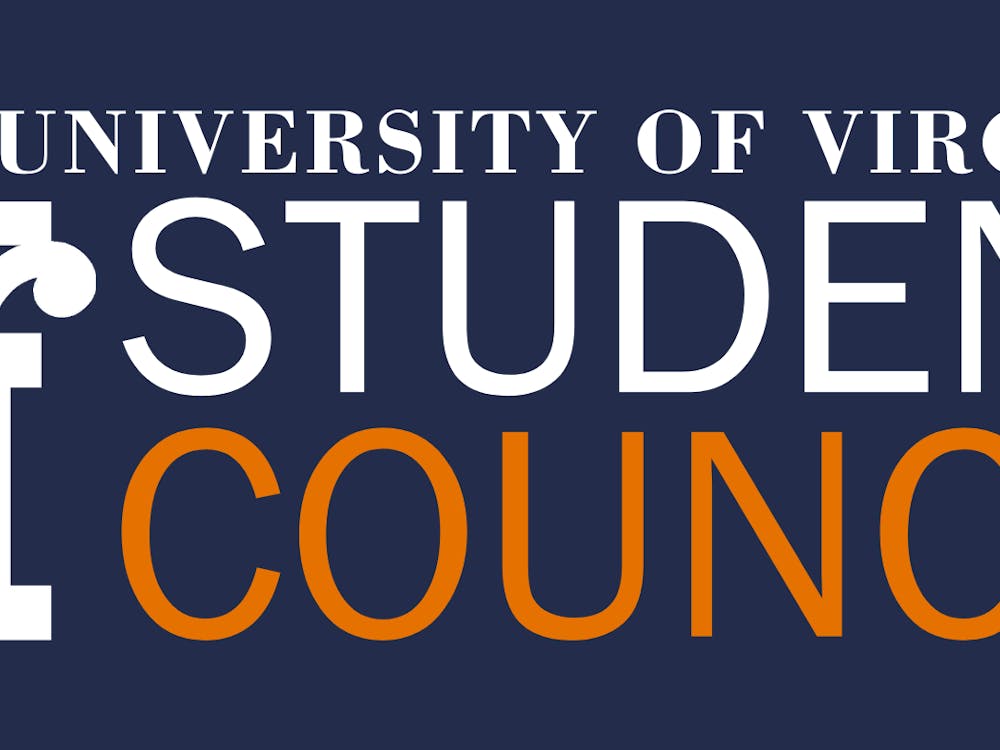University students are ever more reliant on computers in their daily lives. Despite this, computers still remain unwelcome in many classrooms. Most, if not all, professors and teaching assistants now include a portion in their syllabi dedicated to classroom policies on electronics. Some are fine with students taking notes on computers while others outright ban it. I had two separate professors tell me this semester that they allowed computers in class but then went on to list the disadvantages of taking notes on a computer. Professors outright banning computers in class does a disservice to students by taking away some students’ most effective way of taking notes.
Despite what some professors say, computers can be a great resource in class. Typed notes are more flexible, letting students organize them in a sensible way. The ability to look up unfamiliar words and concepts on the fly is also a nice advantage. Computers also provide the ability to write notes faster, providing more detail. There are some math and science diagrams that are hard to convey on a computer, but for almost every other subject computers are a great resource for taking notes.
None of these reasons are why professors oppose laptops in classes, however. Professors I have taken classes with mostly rely on the findings of a study that concluded students who use a computer to take notes retained less information than students who take notes by hand. The researchers who conducted the study asserted students who take notes on their computers merely transcribed what professors said because they could type out all the words.
Students who take notes by hand could not physically write down all the words a professor says, forcing them to creatively engage with the material and thus retain more knowledge. I do not deny the findings of the study, but the researchers’ methods are questionable, and only one other study has been done on this subject. In both studies the researchers tested students right after they took the notes. When students are actually tested on material it is normally days or weeks after covering the material in class. The advantages of handwritten notes begin to lessen at this point as students have to interpret what they were trying to say with their notes, working from incomplete information. Students taking notes on laptops, however, have all the notes available to them. Students can even copy down their digital notes to paper to help with memorization and retention. The important thing is that students have access to a greater amount of information from which they can then learn.
Banning laptops from classrooms also paternalistically denies students a crucial element of personal responsibility. Professors should have some control over what students can and cannot do it their classes. However, professors can’t know what is best for each individual student. Imposing a ban on laptops is an assumption by the professor that pen and paper is always going to be better than a computer. I see this as very arrogant — everyone has different preferences.
Professors might also ban laptops because they see them as too much of a distraction, compromising the integrity of the academic space. While laptops can occasionally distract students, professors can still force students to put away their laptops if they abuse the privilege. That’s the way people need to think about using a laptop — it's a privilege that can be taken away. But depriving students of this privilege also creates unnecessary problems for students.
Students need to learn to handle distractions. For the rest of our lives we will be surrounded by flashing screens and a person who can’t zone the distractions out is going to have problems. It is better for students to learn to focus during a class than for them to go out into the real world unprepared. Many students learn to self-police themselves, using programs like Evernote or disabling the Internet to avoid distractions. Students generally learn to deal with distractions because they still want good notes, and over time they learn that browsing the Internet really makes it hard to take notes.
We’re all in college now. That means most of us are old enough to be drafted, vote and decide on someone’s fate in a jury. It's time to stop holding our hand when it comes to taking notes. Students are smart and responsible enough to take notes in their own prefered ways. Each student should succeed or fail based on his own effort. Students should be allowed laptops in class; we’re old enough to make our own decisions and understand the consequences of our choices.
Bobby Doyle is an Opinion columnist for The Cavalier Daily. He can be reached at b.doyle@cavalierdaily.com.





